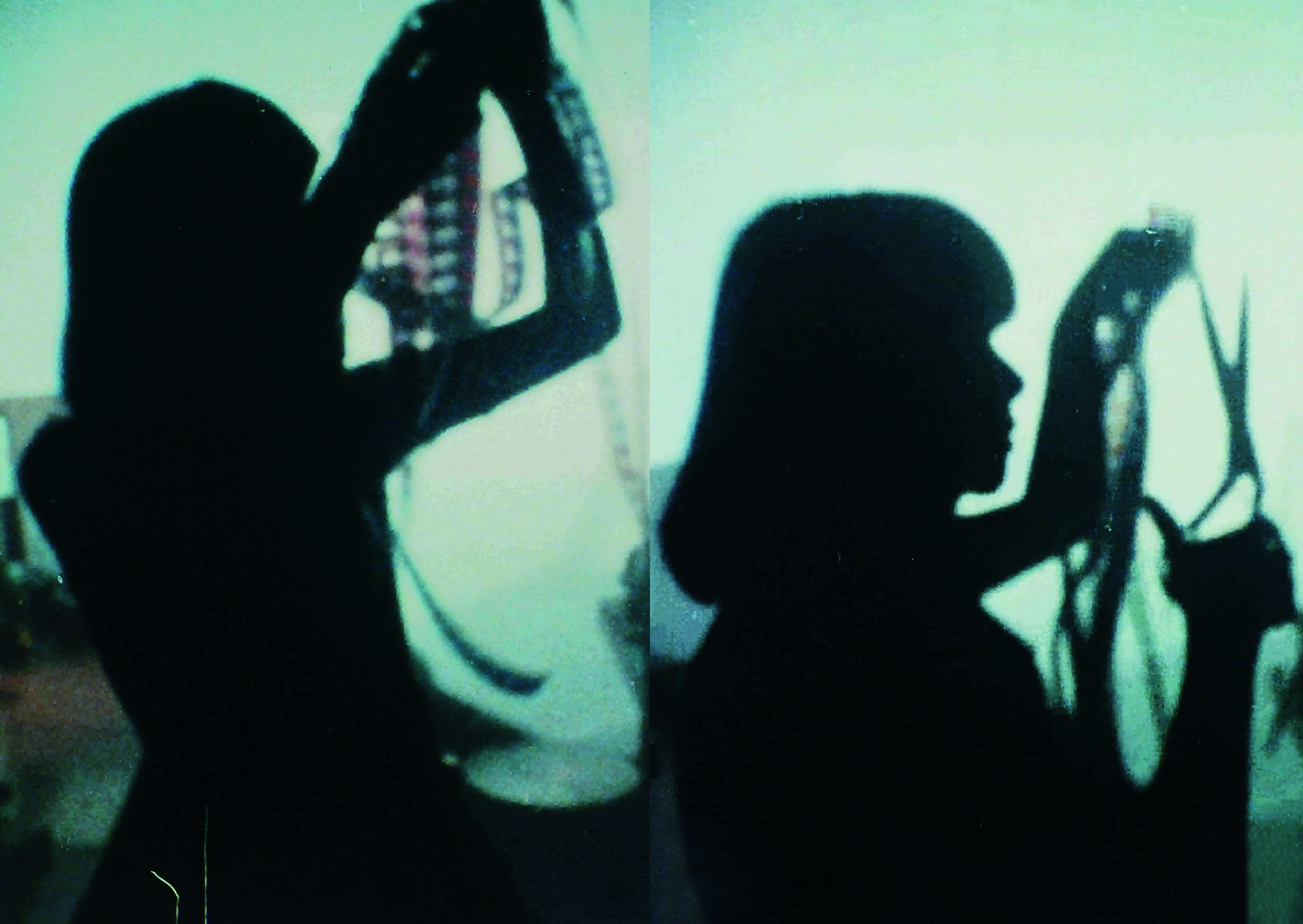The Situationist International en route for May '68
Berlin 10557
Germany
T +49 30 397870
F +49 30 3948679
info@hkw.de
Conversations and Interventions in Play and in Earnest
Between 1957 and 1972, the Situationist International (S.I.) first projected a “revolutionary front in culture” and then shifted its propaganda to the political field. Employing ludic methods, the movement offered a fundamental critique of the spectacle of consumerist society. In an age in which the principles of the market economy are increasingly permeating all parts of life, The Most Dangerous Game re-envisions the years in which the S.I. articulated its critique.
Alongside the exhibition, the public program explores the ideas and work of the Situationist International from a contemporary perspective. Artists, activists and academics discuss to what extent art merely decorates the shop window of the commodity world or has grown into the realm of political activism. The practices devised in 1960s Paris by the S.I. as instruments to combat the sell-out and the inhospitably poor planning of the city will be examined for their applicability in today’s Berlin. In addition, an intervention by the artist and former editor of the Situationist Times Jacqueline de Jong will make one of the few female voices audible with regard to the history of the Situationist International.
Friday, November 9, 6pm
An evening devoted to art and politics, in play and in earnest
In the society aspired for by the Situationist International, play and culture are twinned. Following Johan Huizinga’s rationale, play is primary to and necessary for the generation of culture as human subjectivity can only fulfill its potential through ludic methods. As such, civilization arises in and as play educing the homo ludens who will eventually supplant the homo oeconomicus.
To what extent this concept of play can be made productive for art as well as politics will be discussed by an international panel of artists and activists including Cesy Leonard, Zentrum für Politische Schönheit, Dmitry Vilensky, Chto Delat? (What is to be done), and Vincent Meessen. Their discussion at the interplay of art, politics and discourse will be complemented by a video commentary by Jacqueline de Jong, a central figure from the Situationists’ inception. Moderated by Petra Stegmann, the panel will explore possibilities and challenges of artistic activism (“artivism”) opposed to or aligned with a market and media economy. Could art present the most effective realm for activism? And how is it that the Situationist subversion can now serve as a source of inspiration for the New Right? Afterwards, the Invisible Playground Network invites visitors to take part in an urban gaming course in and around HKW where play will dissolve into reality. And the entire evening, cultural science students from the University of Potsdam will act as “jokers,” standing by visitors to answer their questions or talk about the exhibits.
Sunday, November 25, 3pm
A conversation about cities, politics, in play and in earnest
Guy Debord saw Paris “before the fall into the spectacle,” that is, before it was completely engrossed in consumption and the market economy. The S.I. therefore experimented with practices that were designed to halt this development and to conceive of the city primarily as a lifeworld and free space for ideas—such as deliberate forays and awareness of the factors essential to a high quality of life—and to redesign city maps based on parameters such as quality of stay or the repurposing of spaces. Many of these practices are now widespread and have found their way into architecture and urbanism; to some extent even the thesis that academic/political city planning in terms of “modernity” never really offers solutions, but is part of the problem. This conversation about city and politics, play and seriousness enables an exchange of perspectives and playing through of various utopias.
Departing from the critique of urbanism as it was articulated by Attila Kotányi and Raoul Vaneigem through the Bureau of Unitary Urbanism, this panel challenges alternative concepts of urban development by bringing together academic and intellectual as well as activist and subversive practices, such as by Christophe Kotányi, physicist and urban activist, Berlin, and Joshua Kwesi Aikins, Bündnis Decolonize the City, Berlin. (for updates check our website)
Saturday, December 1, 2018, 3–5pm
An intervention
Jacqueline de Jong, as a member of the Central Committee and editor of the Situationist Times, played a major role within the Situationist International. The avant-garde network, which counted very few women among its roughly 70 members, was strongly influenced by the conflicting views and interests of the individual groups it was composed of such as the circle around Guy Debord or the members of the Munich Gruppe SPUR. During her membership, Jacqueline de Jong resisted being co-opted by any faction. 50 years after May ‘68, in which the Situationist International took part, she will look back at her past with the S.I. while walking through the exhibition The Most Dangerous Game with Axel Heil. Her intervention will make one of the few female voices audible with regard to the history of the Situationist International.
Jacqueline de Jong joined the Situationist International in 1960 and became a member of its Central Committee. From 1959–70 de Jong shared her private life with the painter and SI co-founder Asger Jorn. Following her work in the context of the Situationist International, de Jong engaged in various areas of the arts, such as exhibitions and art fairs. Together with her future husband, lawyer Thomas Weyland, she focused on questions of artistic copyright.
Axel Heil is an artist, curator, author and producer. Since the 1990s, he has been publishing observations that are used in exhibitions or publications via the fluid platform. Heil is co-initiator of the research group MNEMOSYNE in Hamburg (8th Salon) and has been professor for Experimental Transfer Methods at the State Academy of Fine Arts in Karlsruhe since 2001.
Press contact:
Haus der Kulturen der Welt
Anne Maier
anne.maier@hkw.de / T +49 (0)30 39787 153










